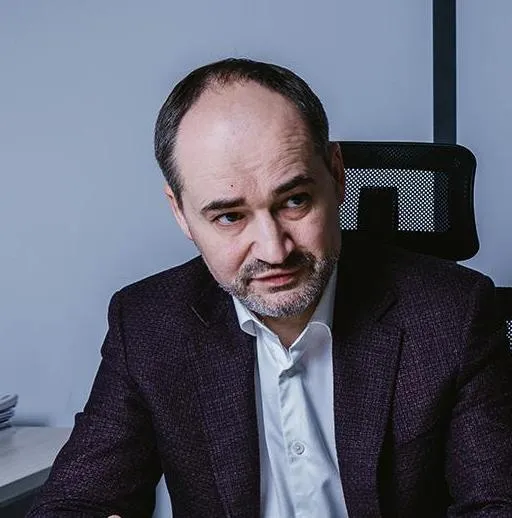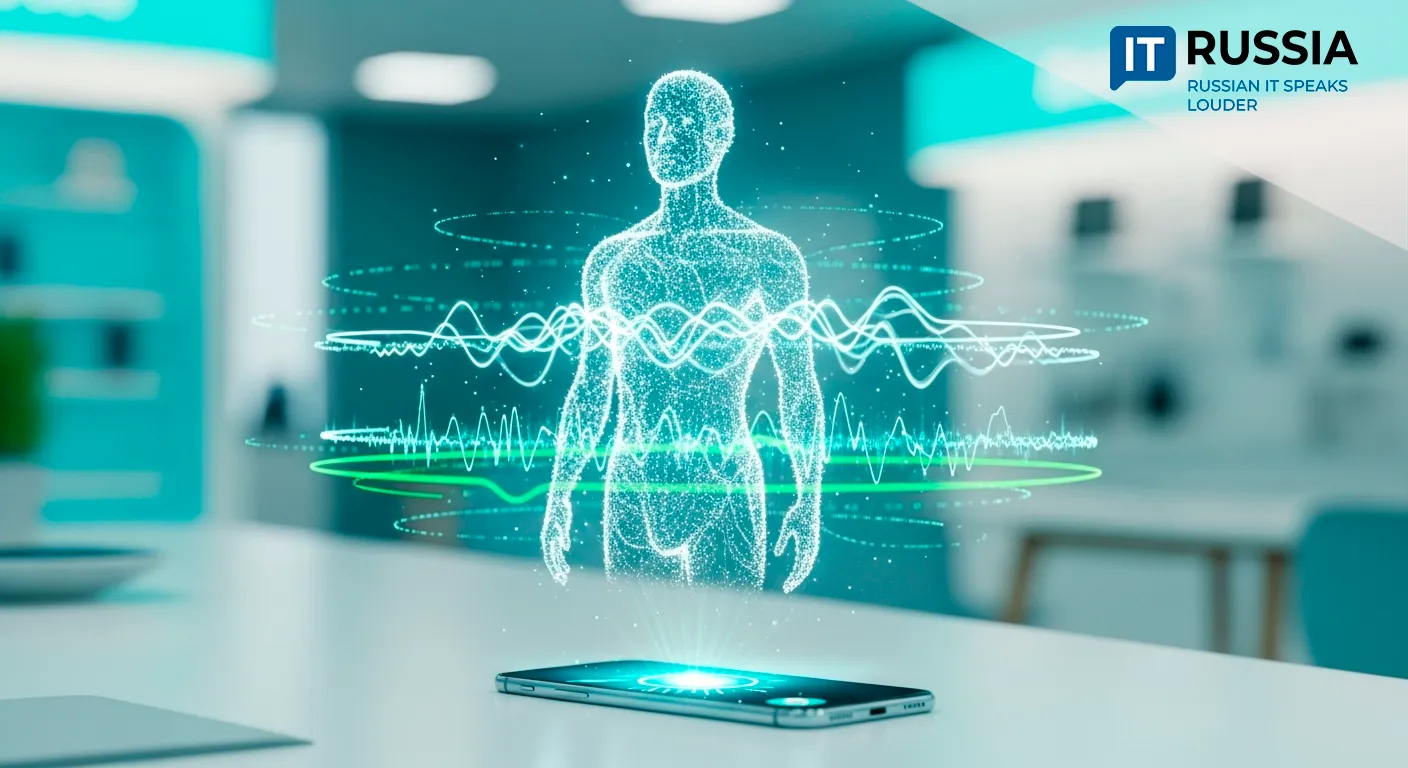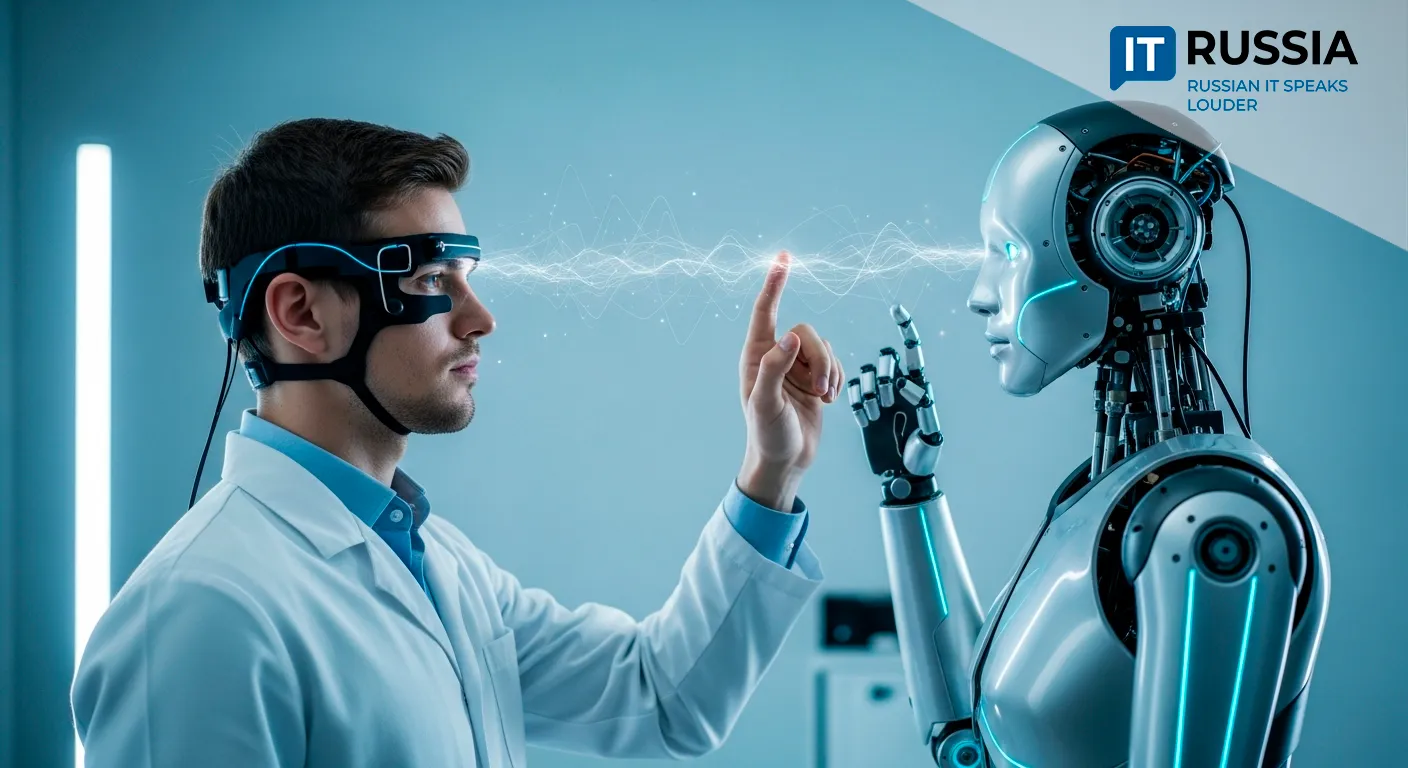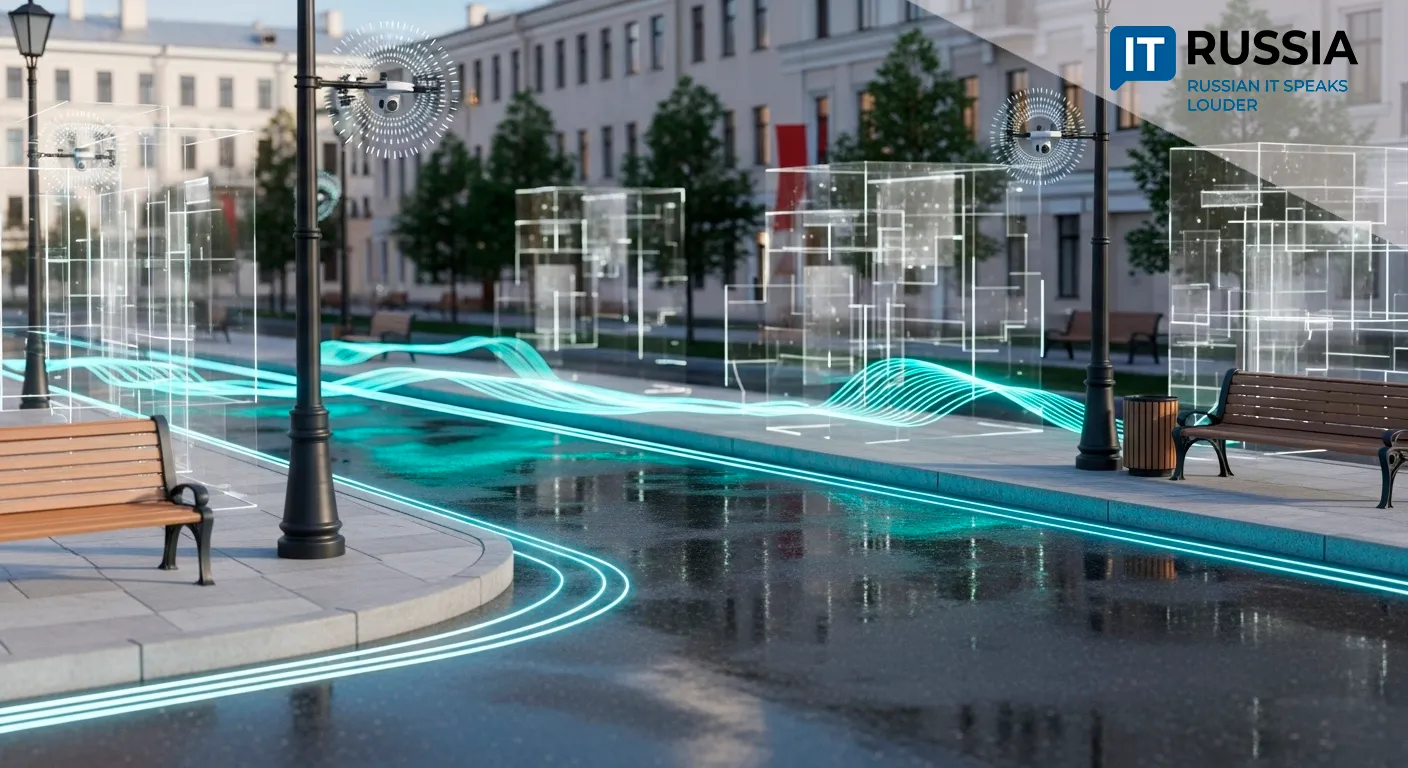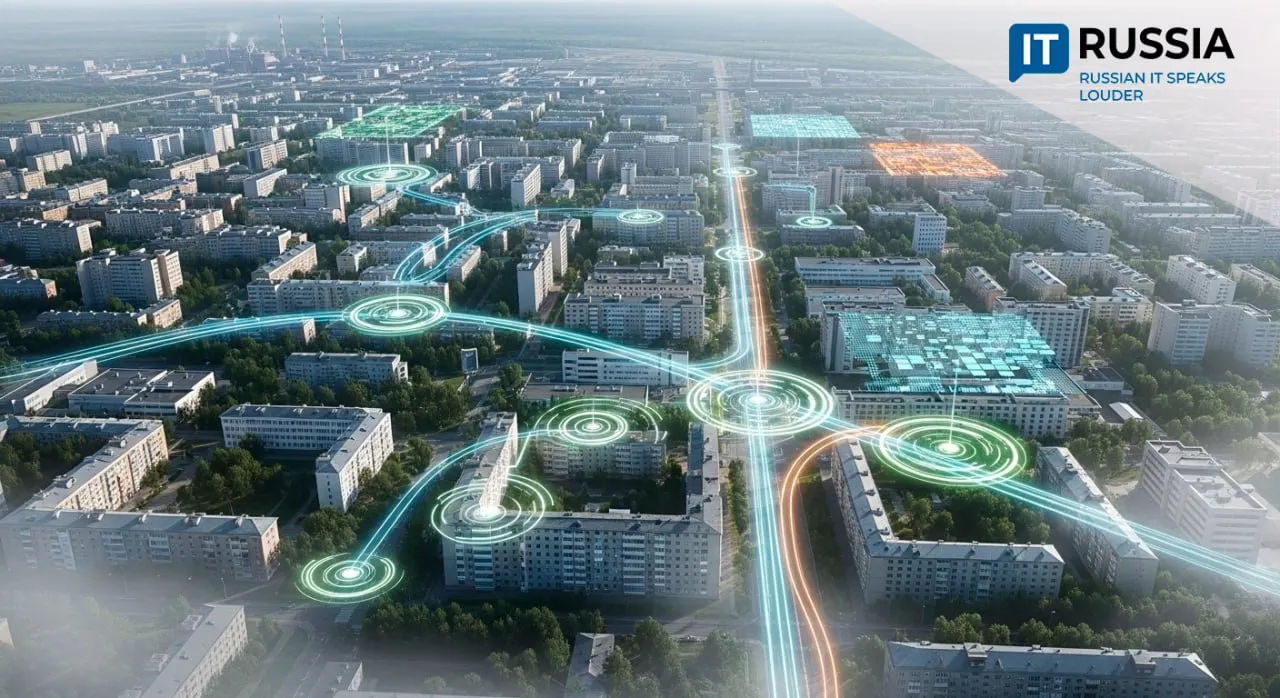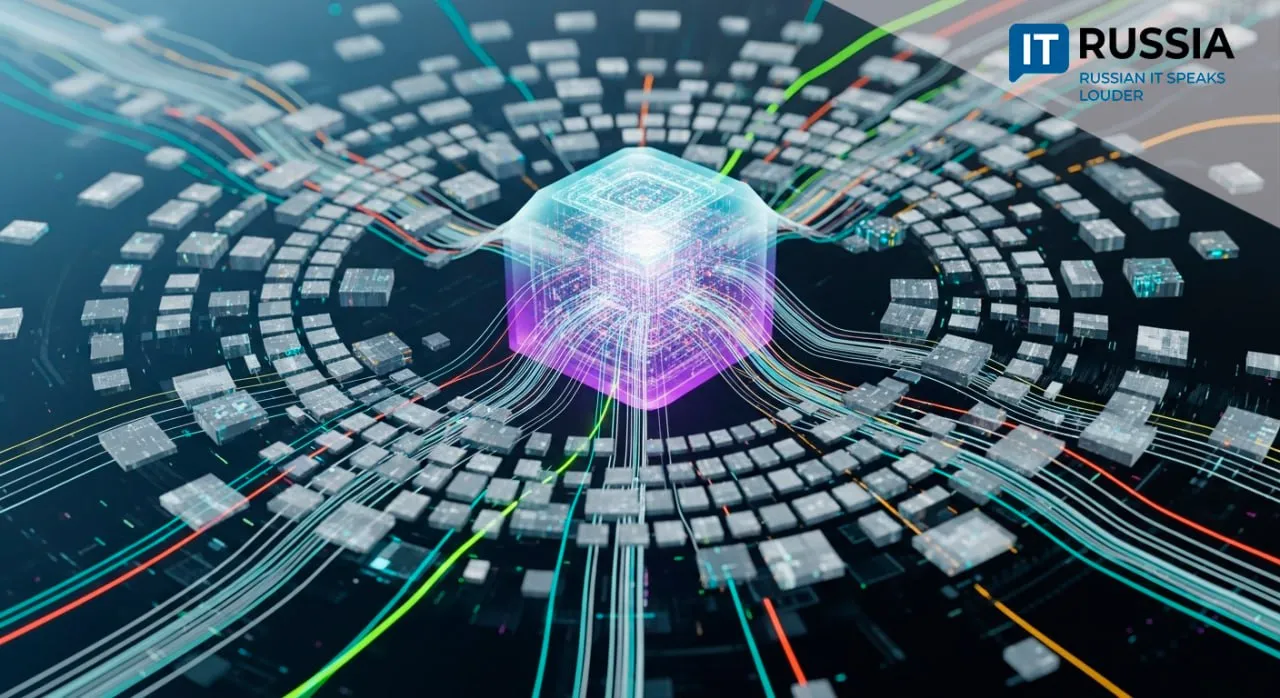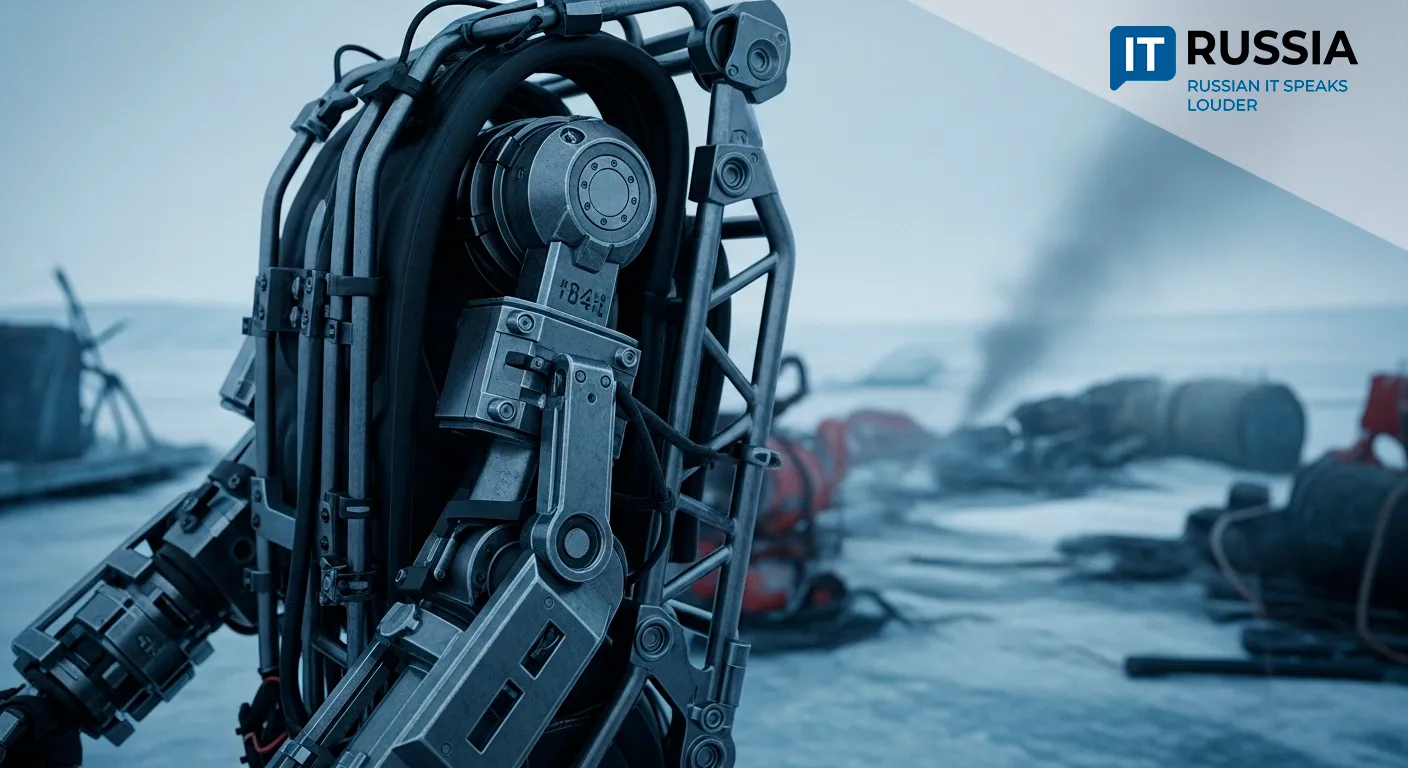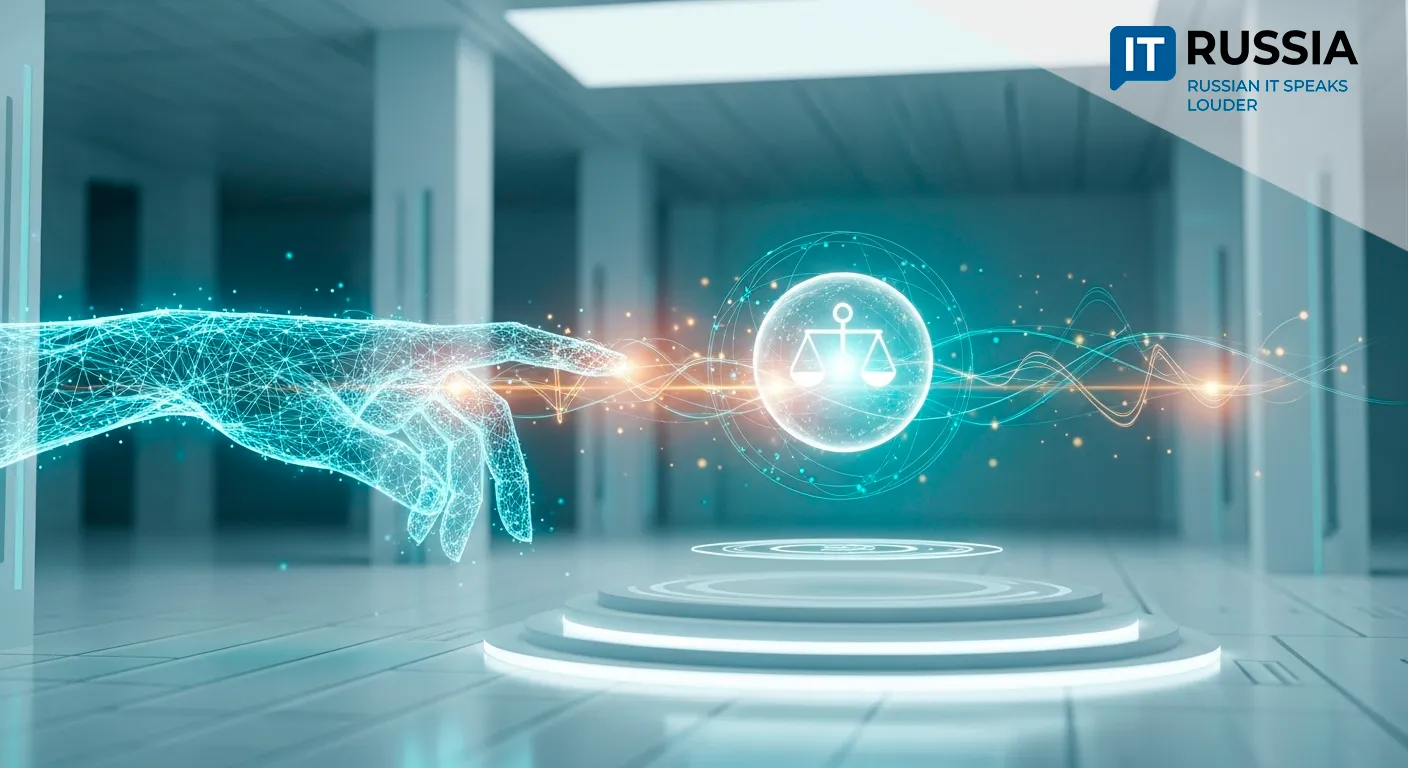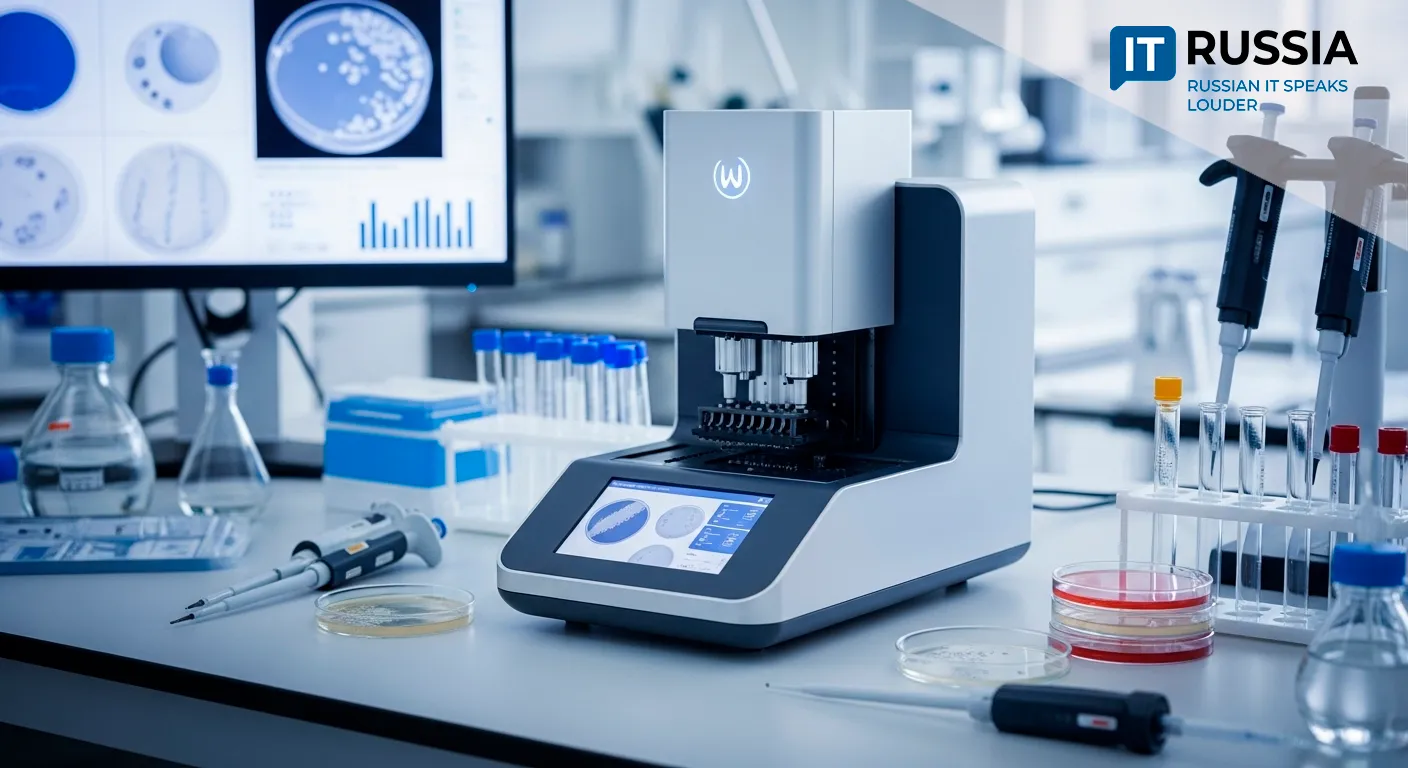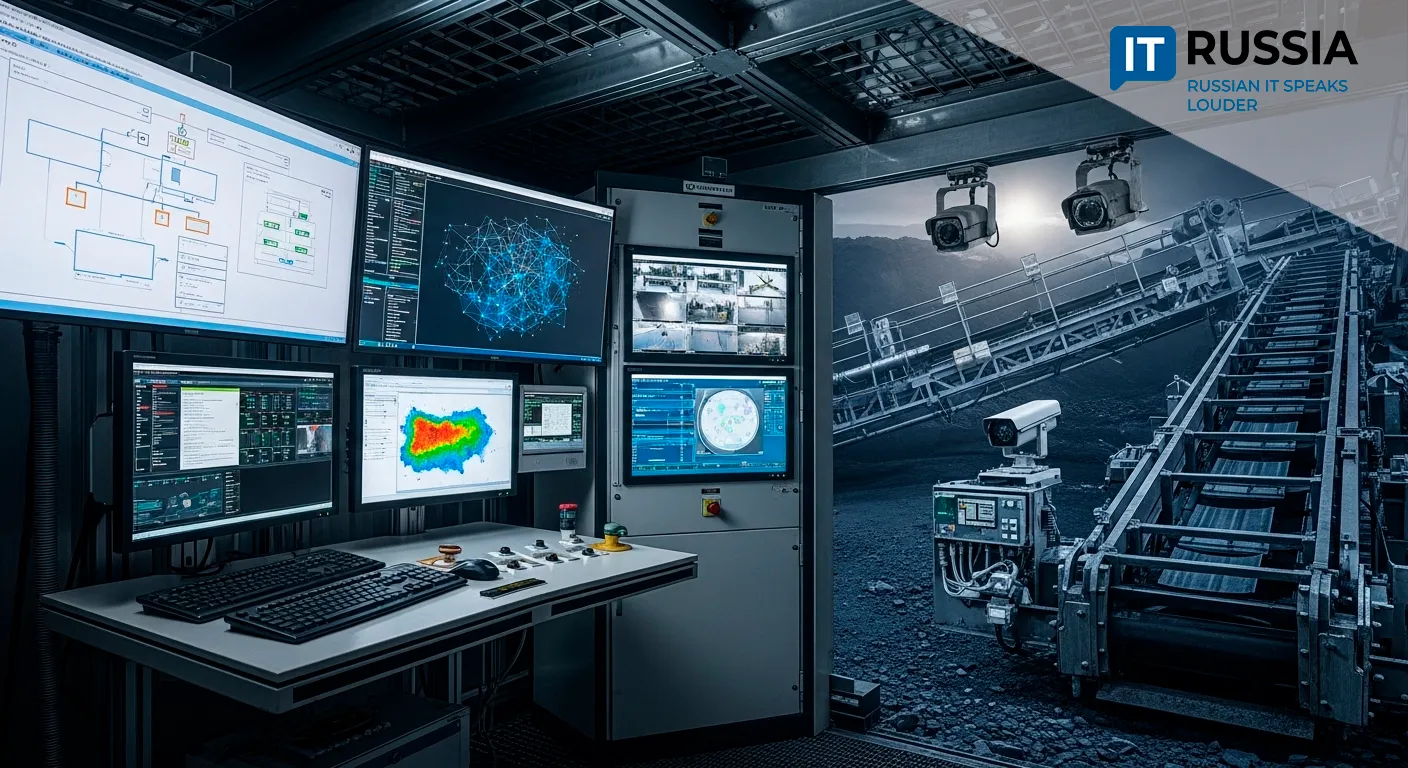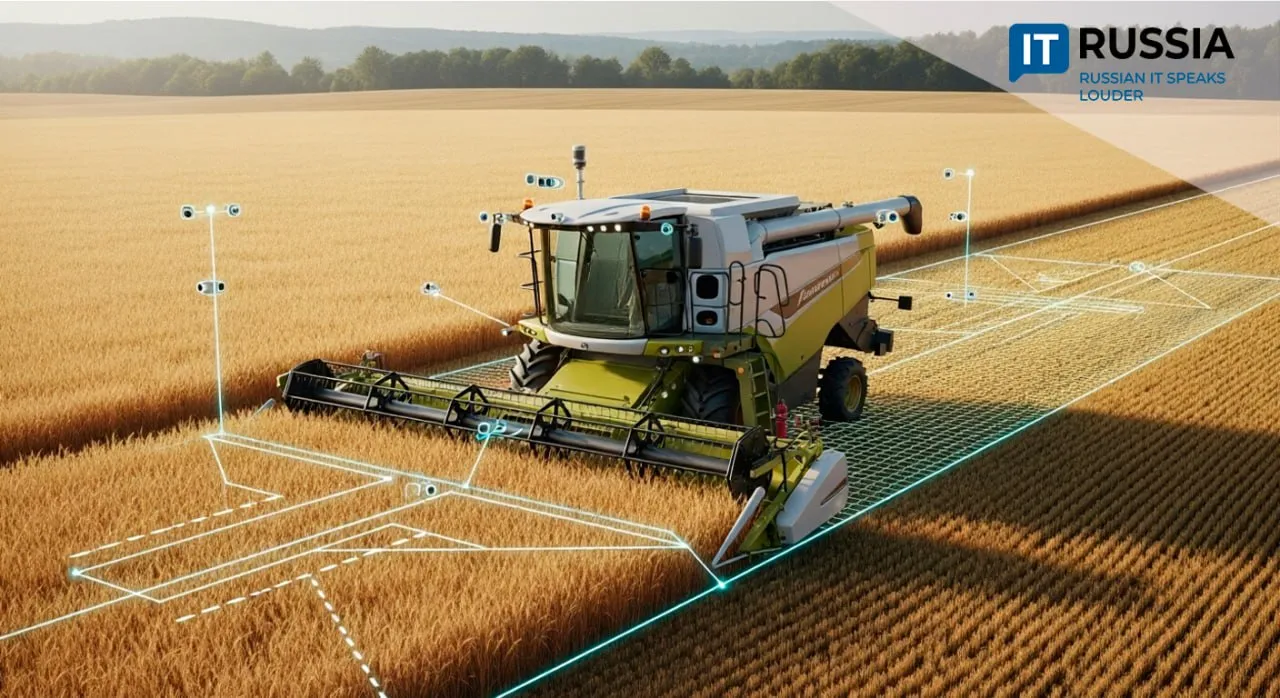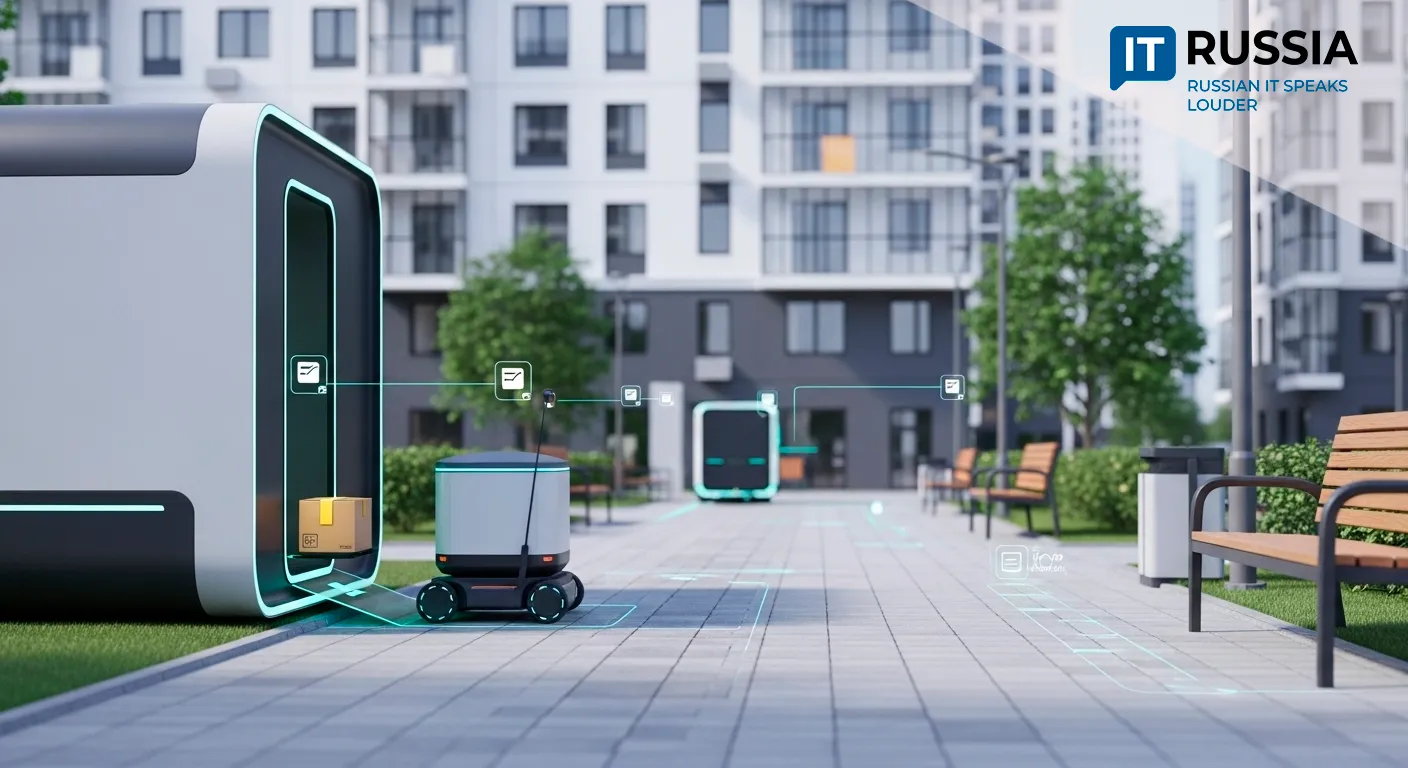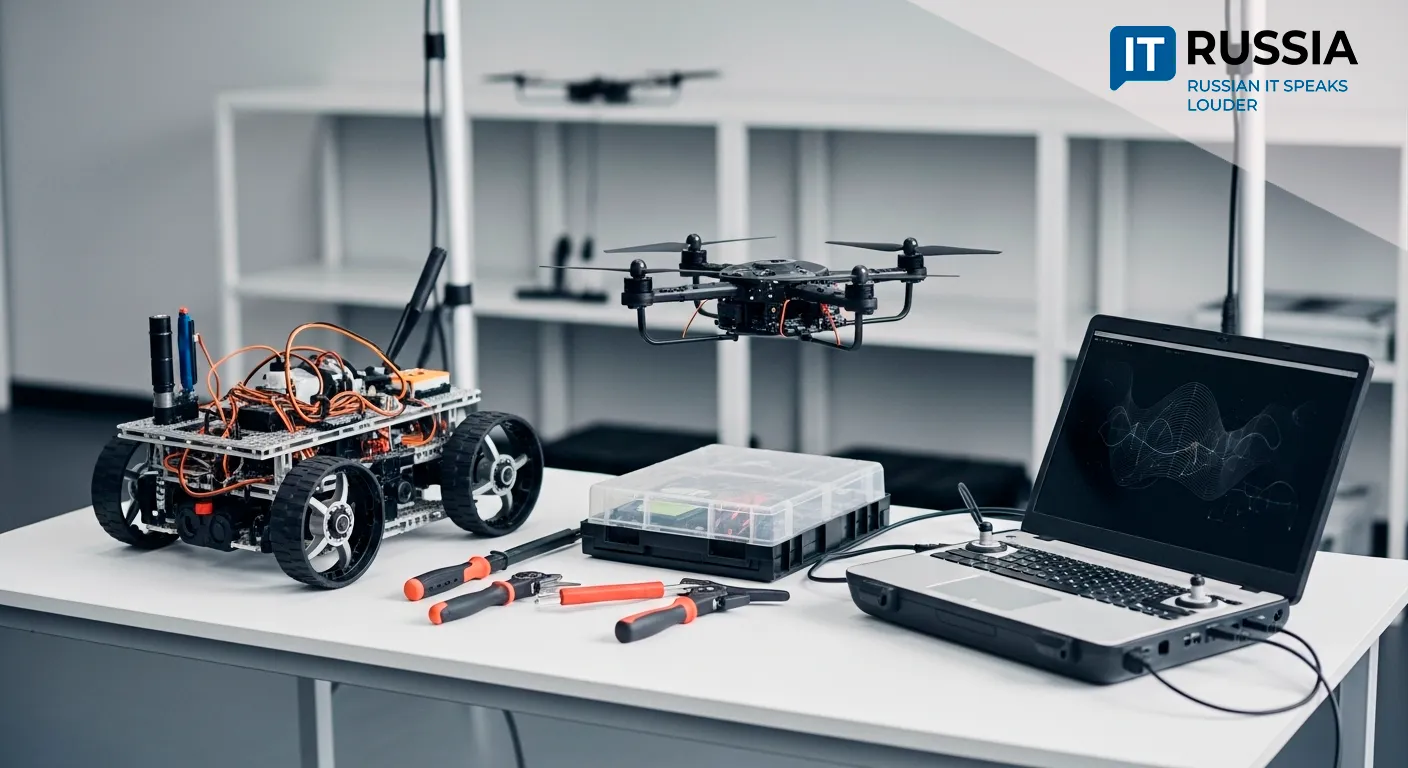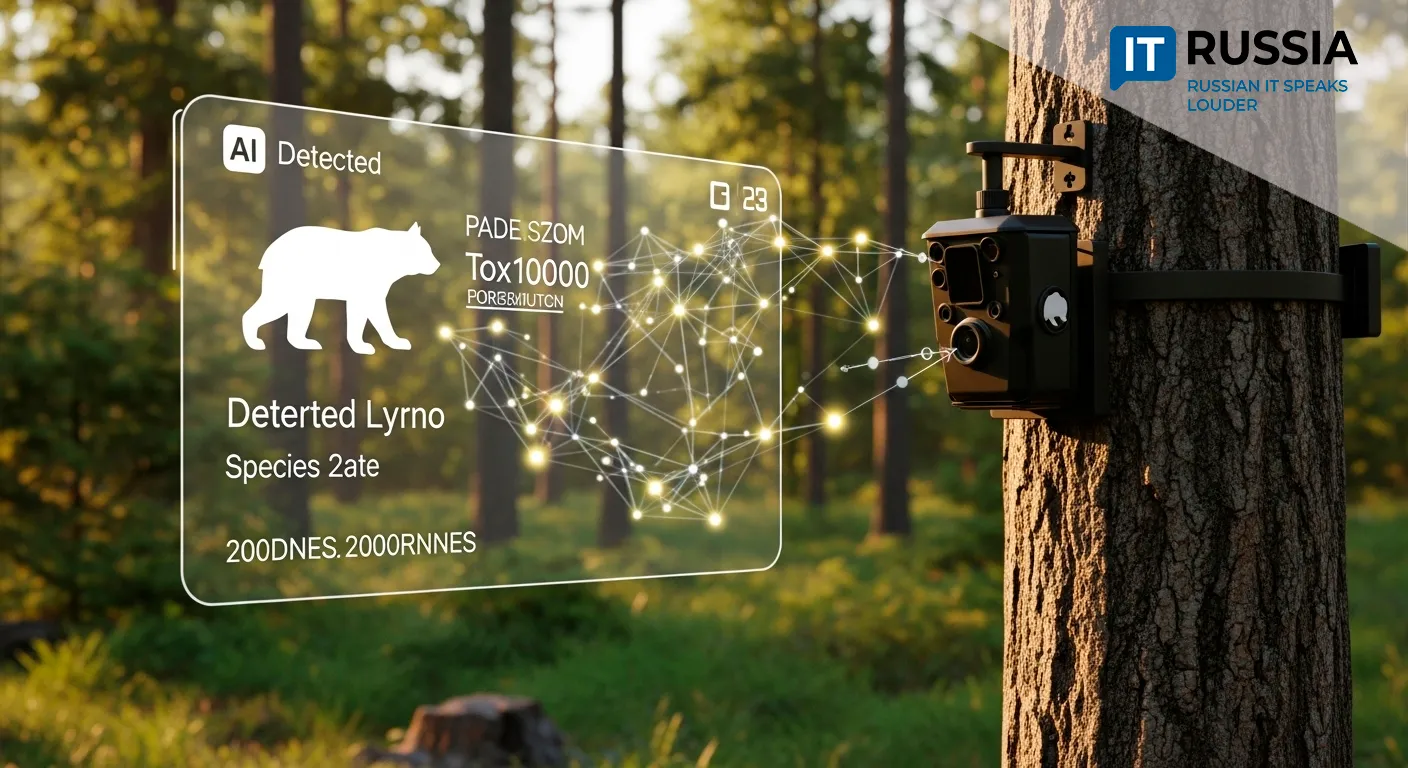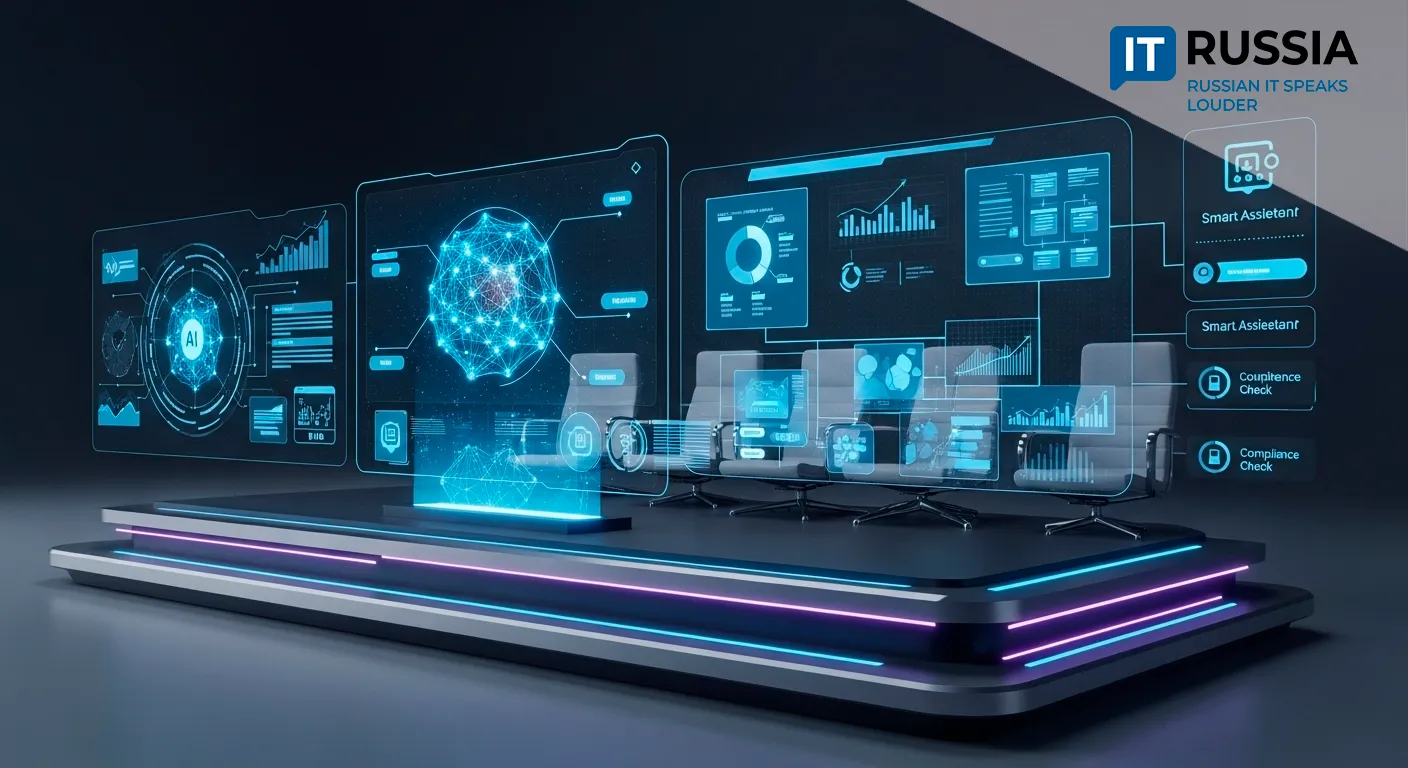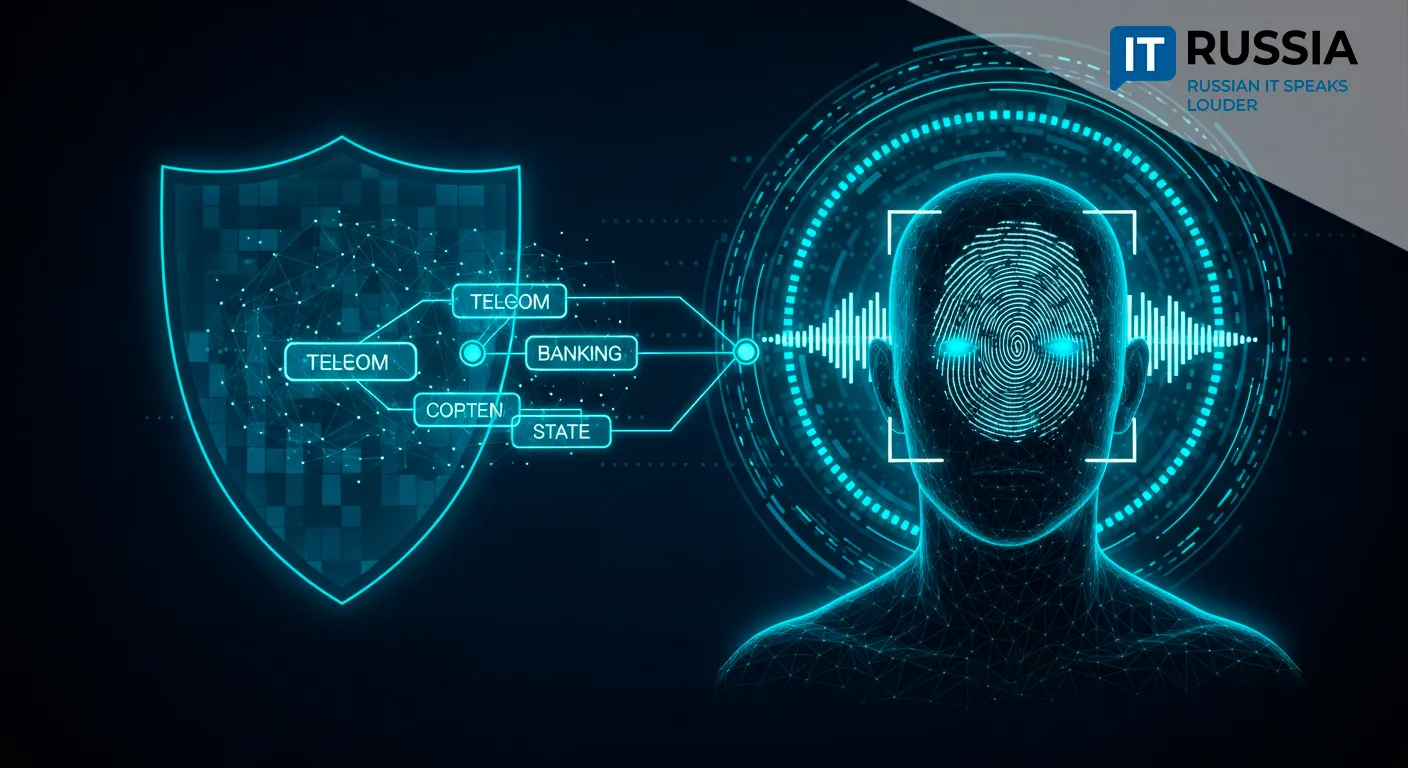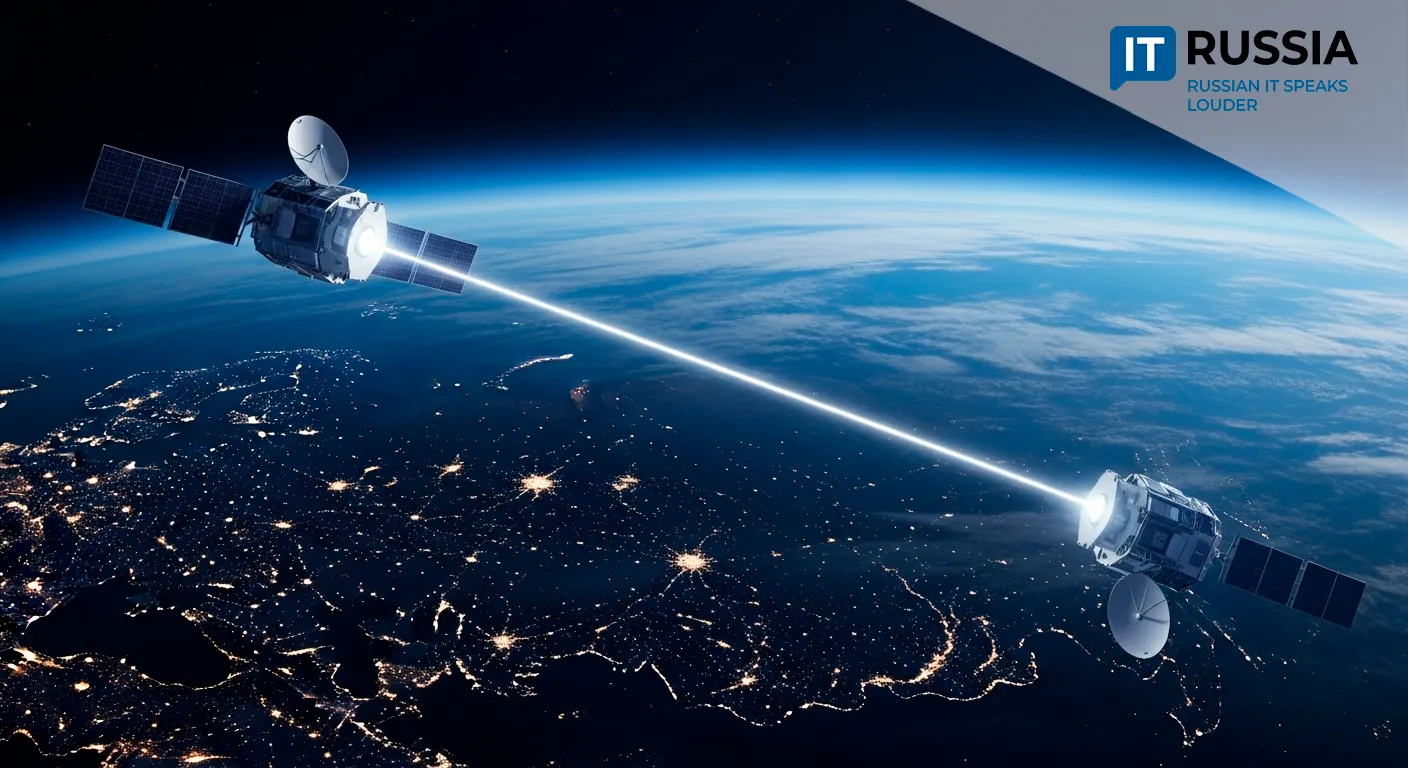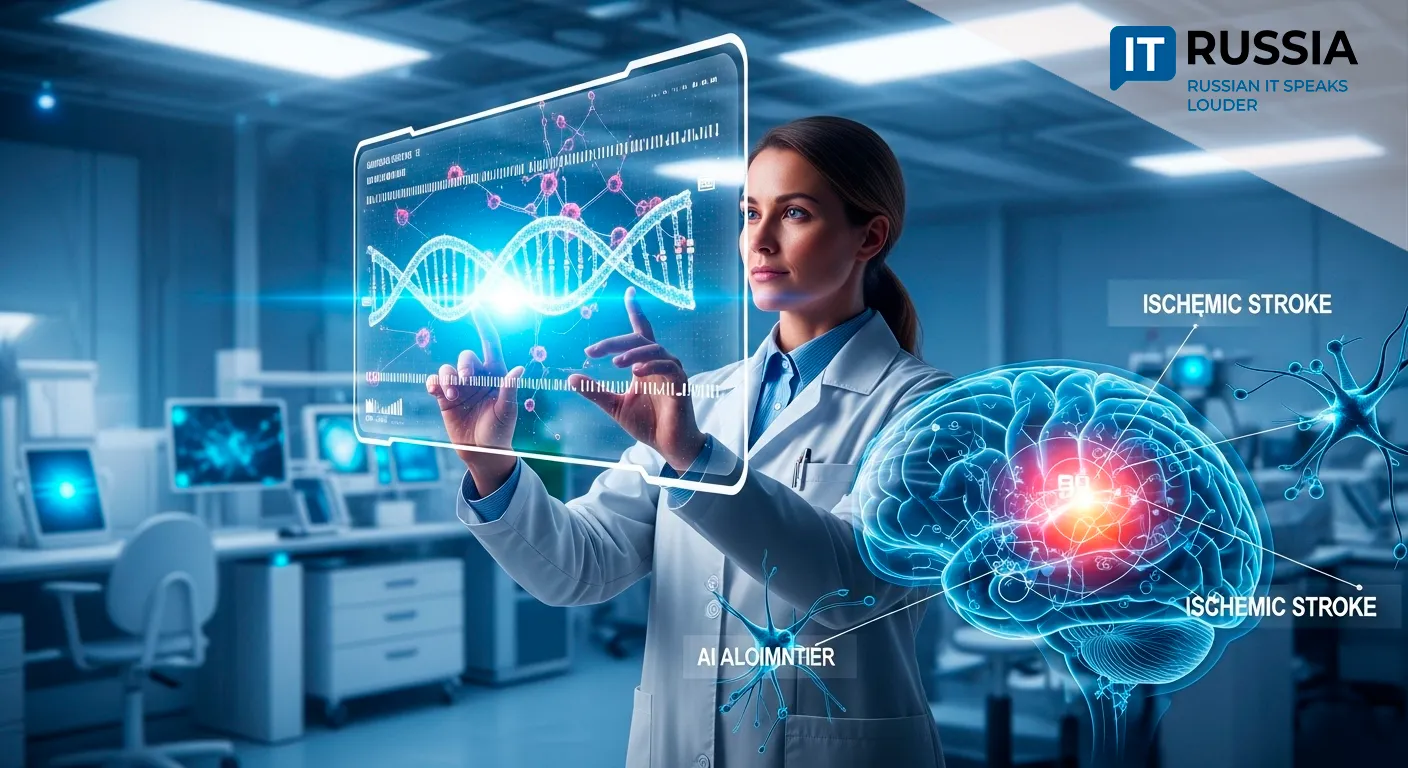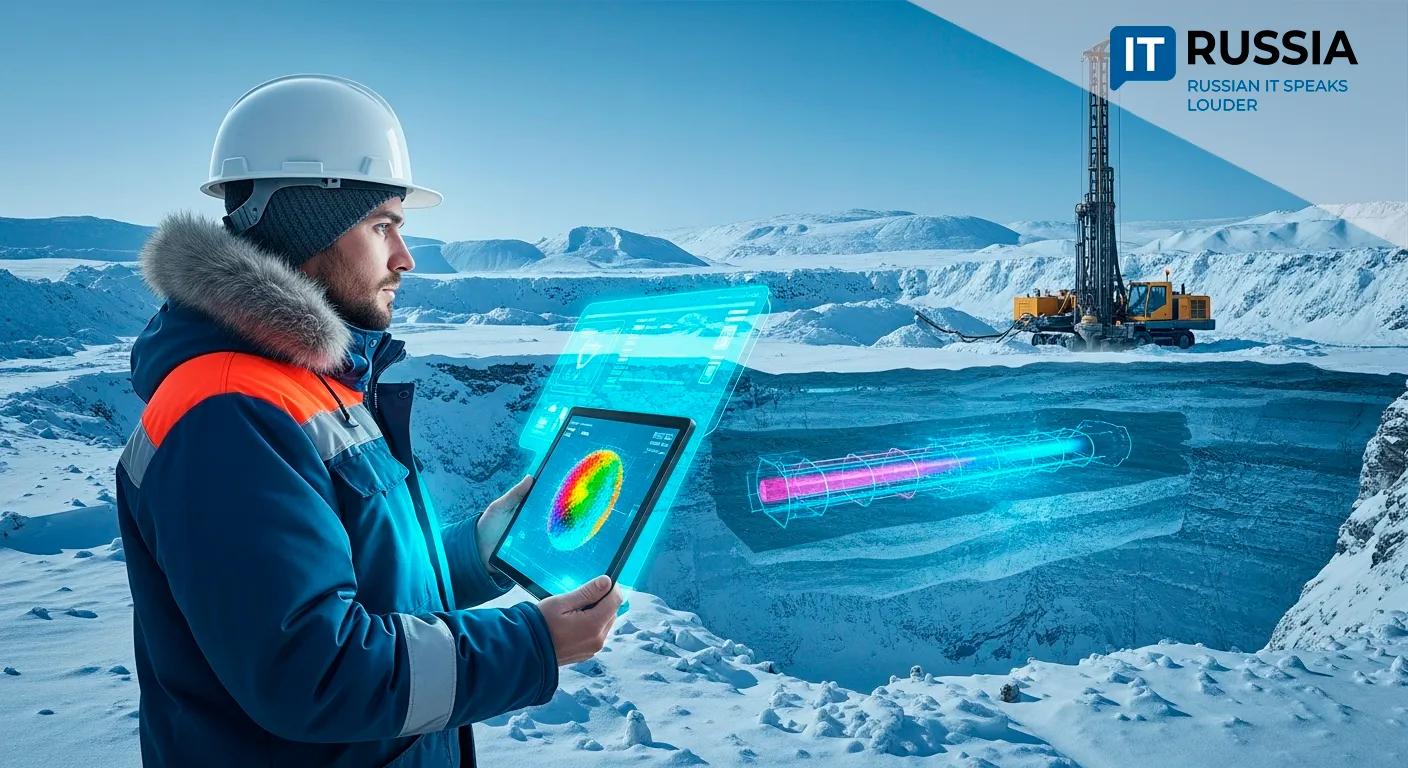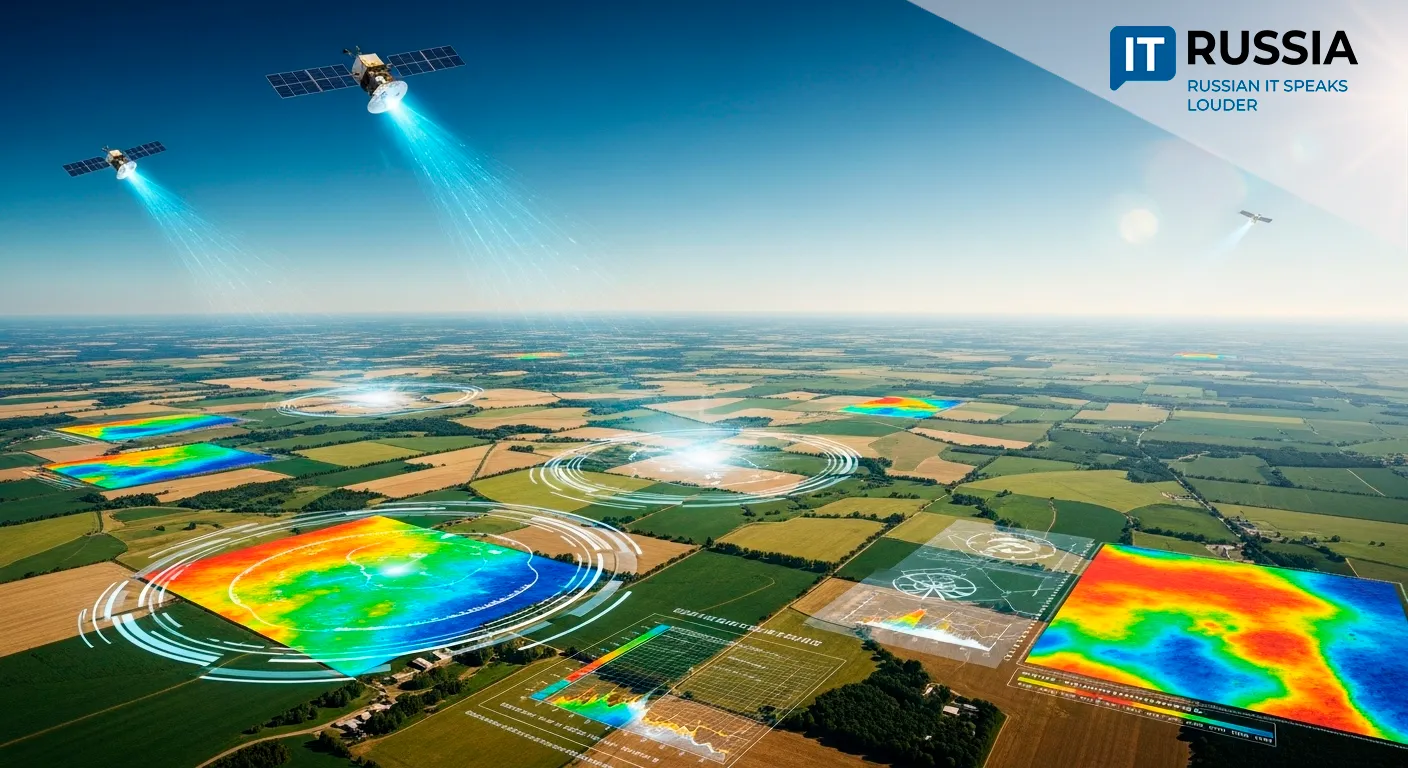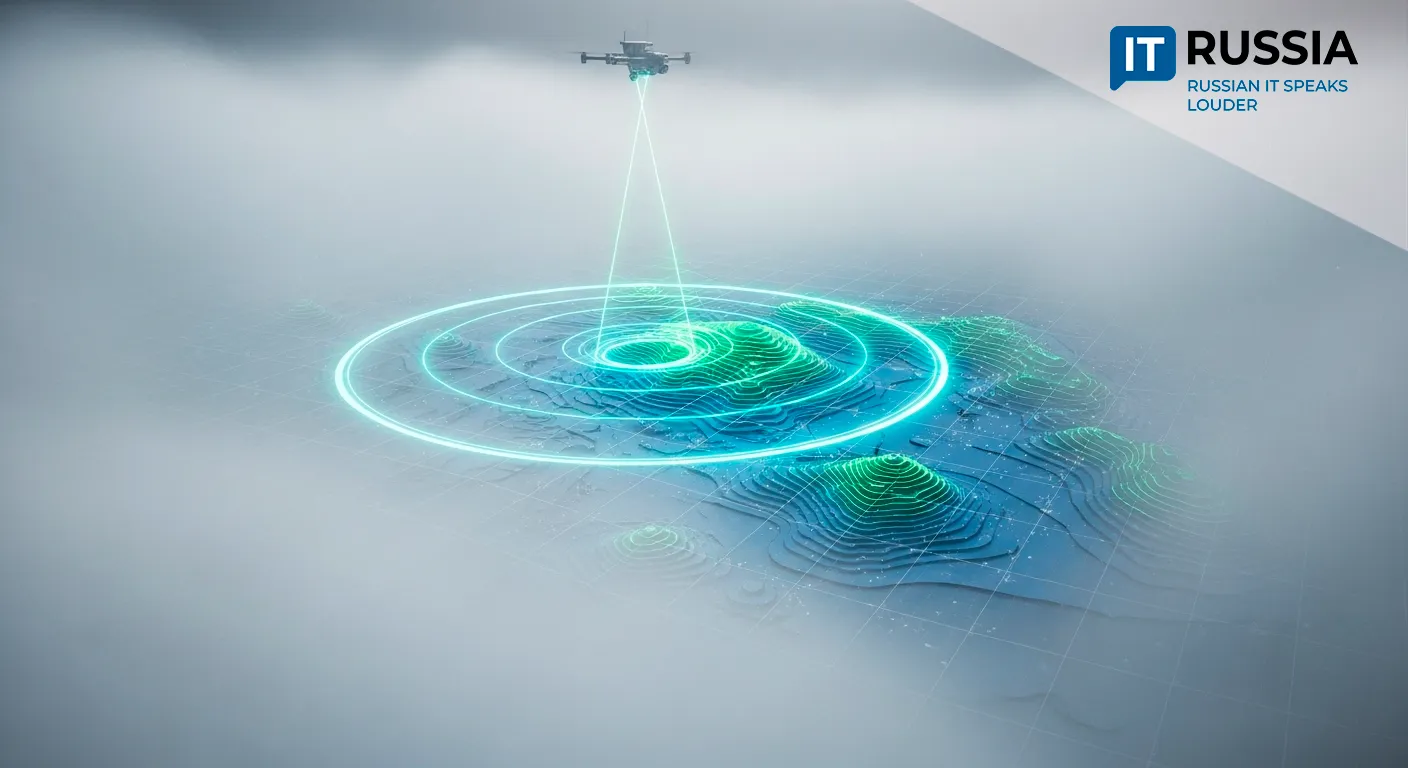Artificial Intelligence to the Rescue: Russia Tackles Dementia with Early Diagnostics
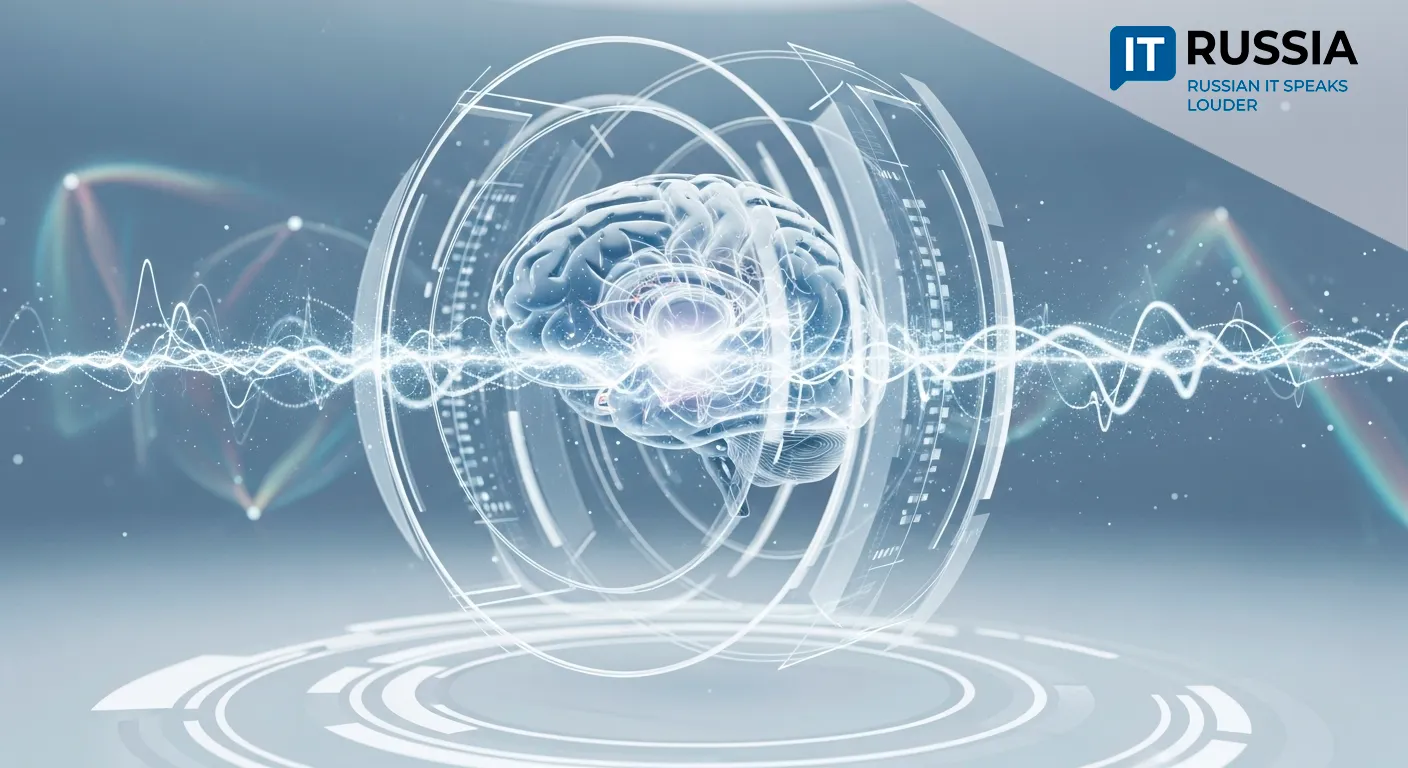
Russian tech firm NtechLab has developed an AI-powered diagnostic tool capable of detecting early signs of dementia — including Alzheimer’s disease — through CT brain scan analysis. Here’s how the technology works.
Fighting Dementia with Data
Russian researchers have made a significant breakthrough: the ability to detect dementia long before it begins to erode memory and personality. NtechLab’s solution aligns with a major trend in digital health, advancing both the accuracy and accessibility of cognitive disorder diagnostics.
The company’s AI-based system can identify brain pathologies at preclinical stages — a critical development that allows for timely intervention and potential slowing of neurodegeneration.
This is more than just a new tech product; it’s a major milestone in brain health diagnostics. Known for its facial recognition and computer vision systems, NtechLab has now shown that artificial intelligence can do more than track people — it can detect disease. And not just any disease, but one of the most challenging of our time: dementia.
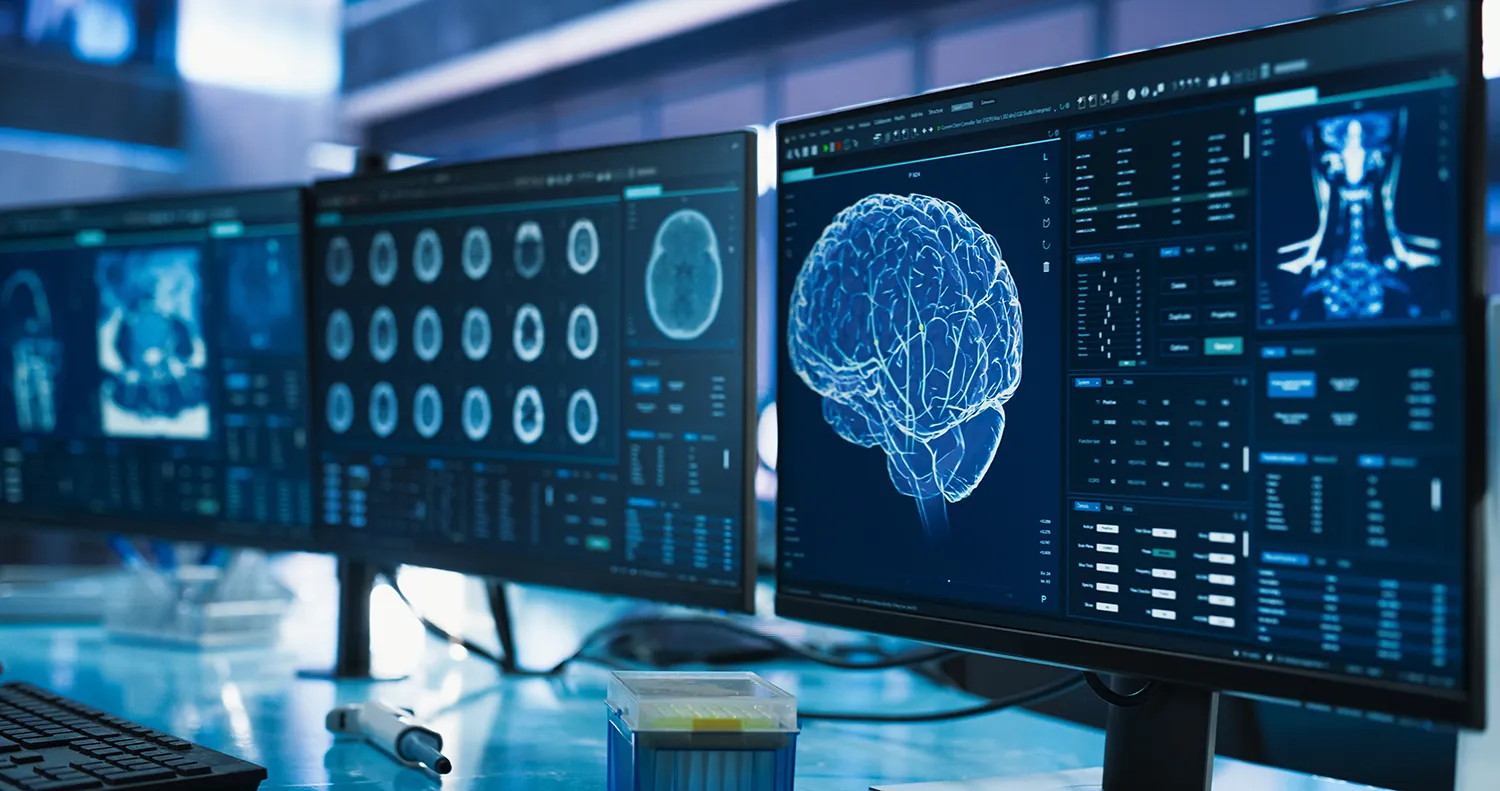
Predicting the Unseen
The system leverages AI algorithms to analyze CT brain scans, detecting subtle tissue changes invisible to the human eye. Where a clinician might not yet perceive abnormalities, the AI can already flag early cognitive decline or signs of Alzheimer’s.
“We launched our medical platform in 2021. By 2024, we received formal approval from the Ministry of Health for our CT analysis AI as a certified medical device,” said Alexey Palamarchuk.
According to experts, the system is already in use across 12 Russian regions — and that’s just the beginning. With this rollout, Russia is introducing a scalable, homegrown approach to brain disease diagnostics. Beyond dementia, NtechLab’s platform is already in use for stroke and multiple sclerosis. The dementia tool is currently undergoing additional certification.
For patients, this innovation means more than a diagnosis — it’s a chance to preserve identity. Early detection offers the possibility to delay, or even halt, the devastating progression of neurodegenerative conditions.
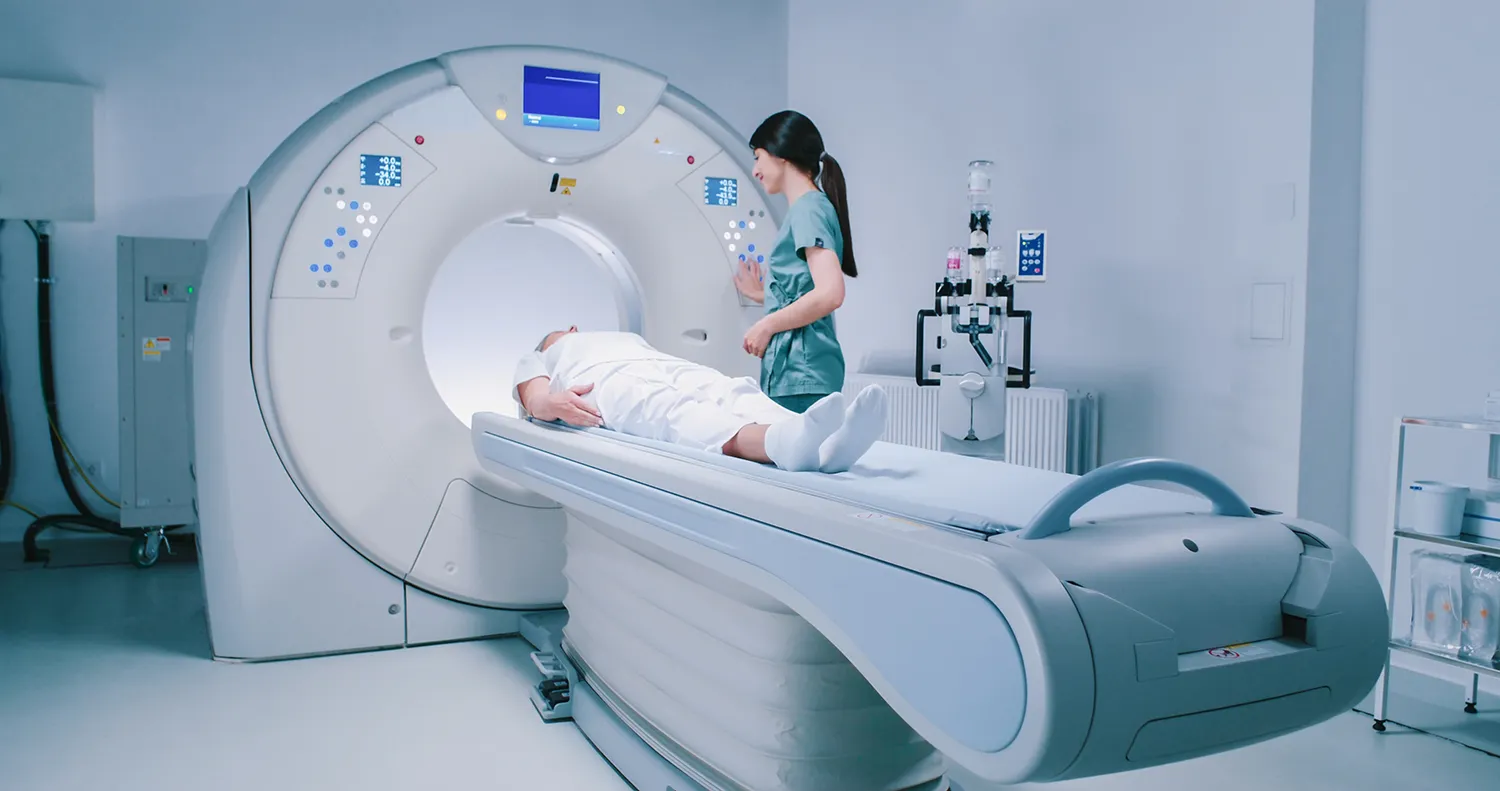
Domestic Strength, Global Potential
What makes this especially important is that the entire platform — hardware, software, and clinical framework — was developed in Russia. No foreign grants, no imported modules, no dependency on external markets. This illustrates the maturity of Russian medical innovation.
Since 2021, Russia has maintained a domestic AI platform for neuroimaging. In 2024, the Ministry of Health officially registered NtechLab’s system as a medical device. Now in 12 regions, it supports stroke and multiple sclerosis diagnostics. With dementia capabilities being added, the platform is set for nationwide expansion.
Early detection enables timely treatment, improves quality of life, and helps preserve social autonomy. It also reinforces healthcare infrastructure and reduces reliance on imported technologies — a strategic win for national digital health.
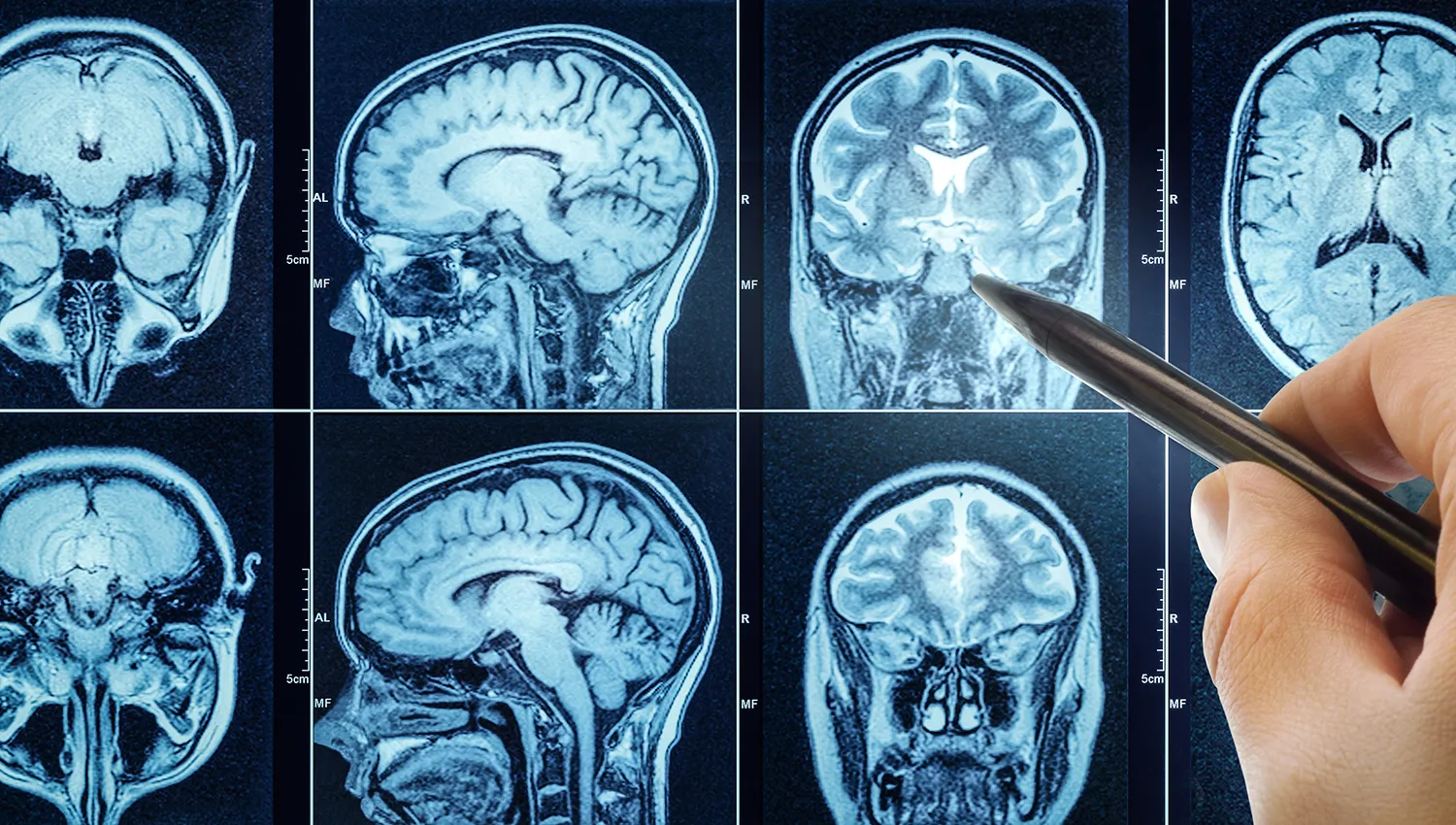
Internationally, the system could serve as a blueprint for export — particularly in markets with CT access but limited early-detection tools. This opens the door for “AI medicine made in Russia” to compete globally.
Toward Nationwide Deployment and Beyond
In Russia, the AI platform has already demonstrated clinical effectiveness. Next steps include broader implementation in regional hospitals, integration with neurodegenerative care centers, and connections to telemedicine platforms. A full-scale screening network is in the works.
But the ambitions extend beyond Russia. NtechLab is preparing to pursue CE certification, FDA approval, and clinical validation in international settings. The technology is ready — and global demand is rising.


